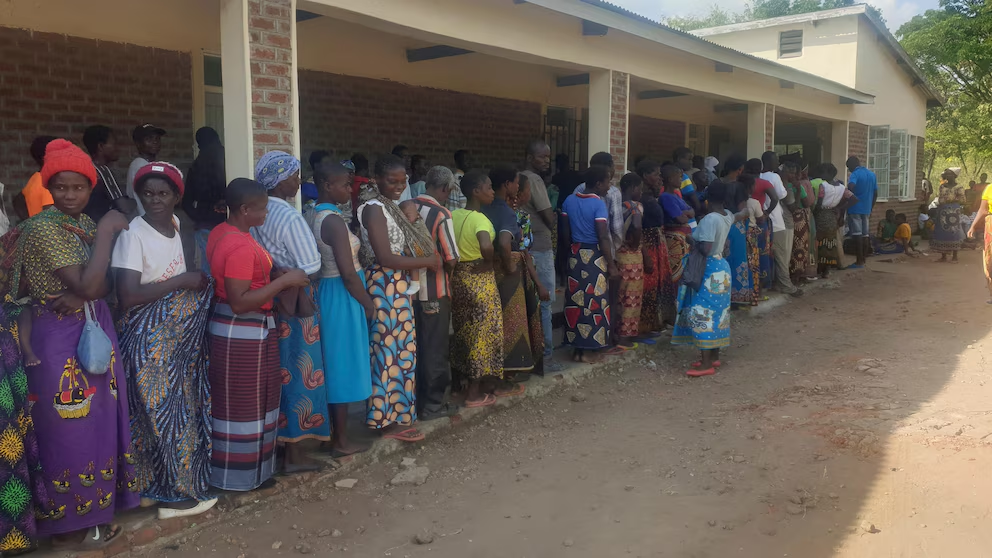Malawi Receives $11.2 Million Insurance Payout for El Nino-Linked Drought Crisis
The Malawian government has secured an insurance payout of $11.2 million to address the severe drought caused by the El Nino weather phenomenon, which devastated the country earlier this year.
The payout, facilitated by the African Development Bank (AfDB) and the African Risk Capacity Group, was confirmed on Monday, providing crucial relief for one of the world’s poorest nations.
Malawi’s drought, which led to a state of emergency declaration in March, has left 23 of the country’s 28 districts in a food crisis.
The funds will be used to support food assistance for approximately 235,000 households in the most affected regions and to provide direct relief payments to over 100,000 households, according to the AfDB. President Lazarus Chakwera hailed the payout as “a lifeline for our vulnerable populations.”
The El Nino phenomenon, which lasted from November to June, resulted in below-average rainfall across southern Africa, causing widespread crop failures. The impact has been catastrophic in Malawi, where the majority of the population relies on small-scale agriculture for both sustenance and livelihood.
The Southern African Development Community (SADC) revealed at a recent summit in Zimbabwe that approximately 68 million people, or 17% of the region’s population, are in urgent need of assistance due to the drought. The U.S.
Agency for International Development (USAID) reported that the first quarter of 2024 witnessed the most severe drought in southern Africa in over a century.
Neighboring countries, including Zambia and Zimbabwe, have also declared states of disaster and sought international aid. Zimbabwe, set to receive a $31.8 million insurance payout, had earlier appealed for $430 million in humanitarian assistance.
Mozambique, Zambia, and Zimbabwe are expected to receive their insurance payouts by September.
Despite the insurance payouts, the funds are unlikely to fully address the needs of the affected populations. The ongoing drought has exacerbated food insecurity across the region, highlighting the urgent need for sustained international support to mitigate the crisis.
Source: Other News Agencies



